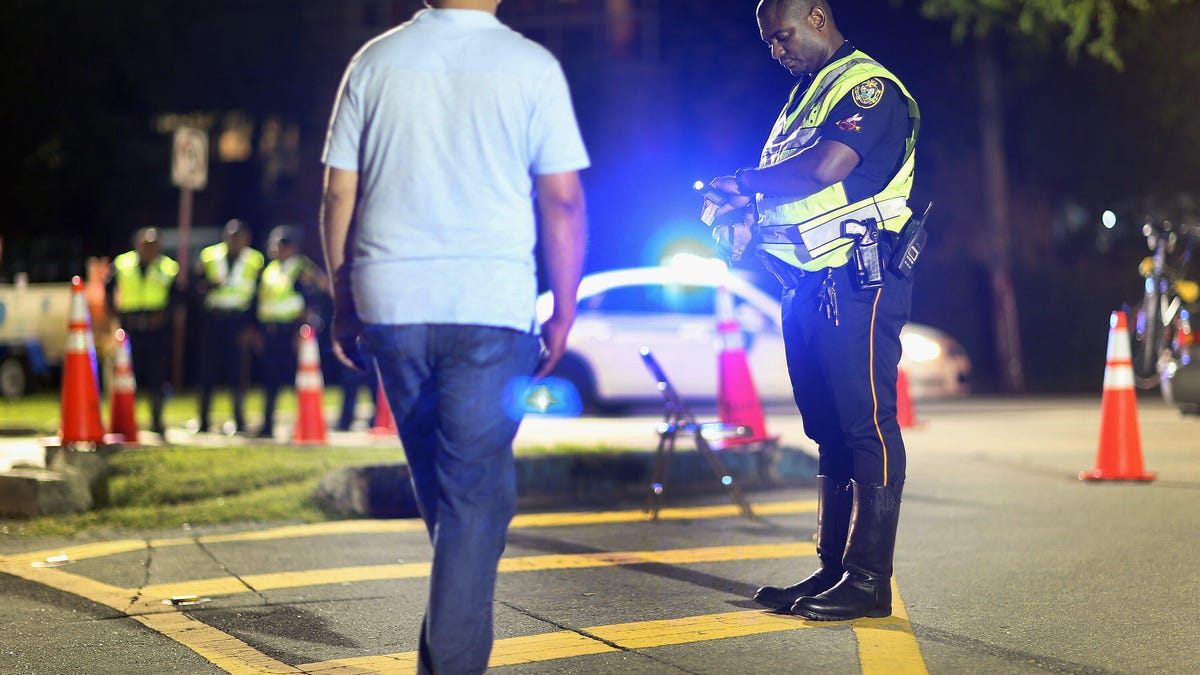Infrastructure bill could mandate technology to prevent drunk driving
The bipartisan infrastructure bill would direct US regulators to implement systems that prevents a car from starting if the driver's drunk.

The IIHS believes this technology could save 9,000 lives per year.
As the bipartisan infrastructure bill, known officially as the Infrastructure Investment & Jobs Act, moves through Congress, we're learning more about what's included in the 2,702-page piece of legislation. Of note, the bill as it reads includes a mandate ordering US regulators to implement technology that would put a stop to drunk driving.
Reuters first reported on this piece of the bill Monday, which would require the US Department of Transportation to set the technology's safety standards within three years. After that time period, the agency would then give automakers two years to comply with the new regulations. It's not clear what kind of technology could make its way to new vehicles, though the bill states any requirements must be "reasonable" and "practical." If the department doesn't finalize rules within 10 years, the agency will need to report back to the US Congress on any hurdles.
According to an Insurance Institute for Highway Safety study from last year, these types of detection systems in a vehicle could save 9,000 lives per year, and showed alcohol was a factor in 30% of all US crashes that resulted in fatalities in the past decade. The IIHS also cited a past survey it conducted in 2009 that showed two-thirds of respondents supported technology that immobilized a vehicle if a driver's blood alcohol level was beyond the legal limit. However, the same survey also found little support for the technology if car buyers were required to spend even more on a new car, should carmakers pass the costs on to consumers.

